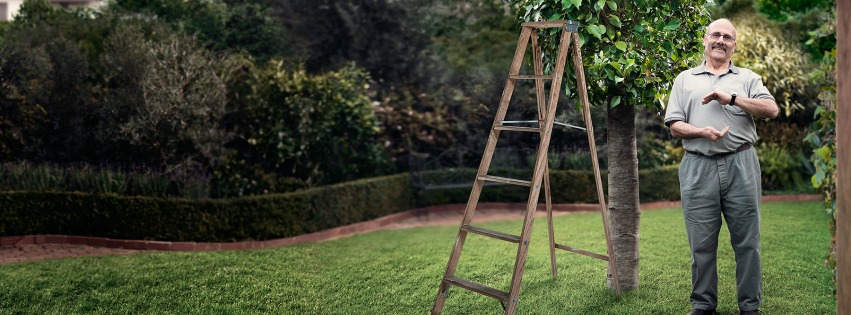
The Age Pension is indexed twice a year, and changes that came into effect in March brought some good news for retirees on eligibility for both the part and full Age Pension.
These thresholds are important to understand, because the mix of assets and income (from superannuation, property or other investments) in retirement can impact your pension entitlements.
The first article in this series discussed some of the implications of taking superannuation via a lump sum before or at retirement.
In this article, we’ll explore the Age Pension income and assets tests, and how super income streams can be a flexible, tax-effective option for managing your super in retirement, while making the most of your pension entitlements.
Retirement income streams, also known as account-based pensions, are a way of drawing an income from your super balance, while the remainder of your balance remains invested, with returns that potentially help it continue to grow.
Age Pension income test
To determine what income you receive in retirement, the Department of Human Services (DHS) assesses financial investments you own, including savings and term deposit accounts, managed investments and loans, listed shares and other securities, retirement income streams and gifts.
To calculate the income from your assets, the DHS uses a system of ‘deeming rules’ that assume your investments are earning a certain rate of return, even if they’re not actually earning that rate. (If they do earn over the deeming rate, that extra income isn’t assessed.)
For singles who receive the Age Pension, the first $50,200 of your combined assets is deemed to earn 1.75 per cent a year, and any amount over that is deemed to earn 3.25 per cent. The same deeming rates are applied to combined investments owned by couples of whom one receives the pension, but the first tranche is set at $83,400.
If you’re in a couple but neither of you get the pension, the first $41,700 for your own and your share of jointly-owned assets is deemed to earn 1.75 per cent, with the amount above that deemed to earn 3.25 per cent.
You can receive an income other than the pension of up to $168 a fortnight for singles and $300 for couples and still qualify for a full Age Pension. For any income above that level, your pension payment will be reduced by 50 cents for every dollar over the limit.
To receive a part-pension, your income must be under $1,983.20 for singles and $3,036.40 for couples per fortnight.
But for this to apply, you must also pass the asset test, which is where the thresholds above come into play.
Age Pension asset test
As well as an income test, the DHS assesses your assets. This includes the value of any property that is not your family home, a granny flat or retirement village housing you may live in. It also takes into account financial investments and retirement income streams and, depending on your circumstances, even smaller assets such as cars and caravans, life insurance policies and household contents.
The DHS provides more detailed information on what and how assets are assessed in relation to pension eligibility.
There’s also an interaction between the income and asset tests when it comes to account-based superannuation products.
Once you reach pension age, the retirement income stream you may draw from your super is included in the income test, and the value of your super balance is counted within the asset test.
If you do receive such an income, you need to fill out the DHS’s ‘details of income stream product form’ to tell the department how much you receive in private income. How the income is assessed depends on the age at which you claim the Age Pension and when you started drawing down your income stream.
Your super fund or financial adviser can help you understand in detail how your retirement income stream will be considered regarding the pension.
If you exceed the assets tests thresholds discussed earlier, however, you can potentially reduce your assets to improve your chances of qualifying for some pension payment. This can be done through gifting the assets – but the amount you can do this by is limited to $10,000 in any financial year and $30,000 in total over five years. Again, more specific information on the gifting rules is available from the DHS.
Depending on the results of your income and asset tests, you could receive a fortnightly payment of up to $907.60 for single full pensioners (including supplements, as at April 30) and $1,368.20 for couples on a full pension.
The Age Pension may not seem like much to living on, but if you combine it with a regular income from your super fund, you may find things a little easier.
Sarah Saunders, head of consumer advocacy at Industry Super Australia, says most Australian retirees are keen to make their super savings work as hard as possible for them in retirement.
“No one wants to be at the mercy of shifting public policy, and the prudent approach of older Australians to their super savings bears this out,” she says. “Older Australians aren’t blowing their super on cruises and shopping sprees.”
Learning how much pension you’re entitled to, by how much you can supplement it, and how you can combine the pension with super and other government benefits is essential to achieving the best possible income in retirement.
It’s key to talk to your super provider, financial adviser and Centrelink to ensure you’re getting the best deal your income and assets can provide.

Turn your super into an income stream when you retire and you can receive a regular income to top up the Age Pension, while the balance stays invested. Everything you need to know is at industrysuper.com